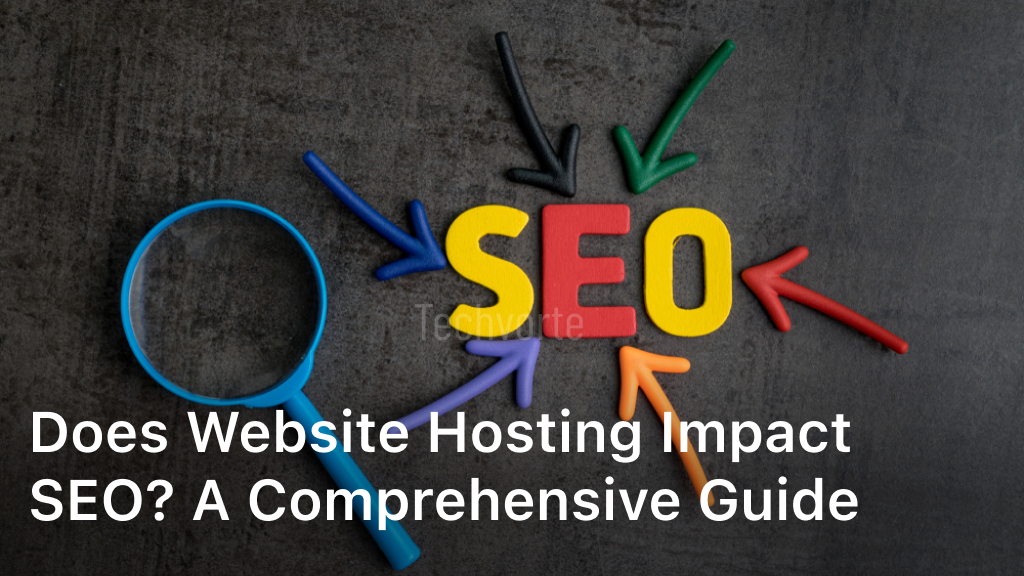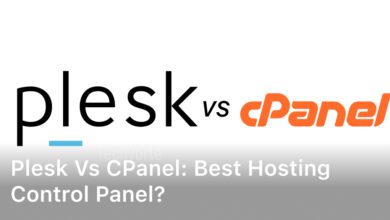Website hosting and search engine optimization (SEO) are two critical components of establishing and maintaining an online presence.
While they may seem unrelated at first glance, the relationship between website hosting and SEO can significantly impact your website’s performance and visibility on search engine results pages (SERPs).
In this article, we’ll delve into the intricacies of website hosting and SEO to uncover whether they are friends or foes in the digital landscape.
The Impact of Website Hosting on SEO
Page Loading Speed
Search engines like Google prioritize fast-loading websites, as they provide a better user experience.
The speed at which your website loads is influenced by your hosting provider’s infrastructure, server performance and optimization techniques.
Choosing a reliable hosting provider with fast servers and optimizing your website’s performance can improve its loading speed and positively impact SEO.
Server Uptime and Downtime
Search engines prefer websites that are consistently accessible to users.
Websites experiencing frequent downtime due to server issues may receive lower rankings in search results, as they are perceived as less reliable.
Selecting a hosting provider with a robust infrastructure and guaranteed uptime can minimize downtime and maintain your website’s availability, enhancing its SEO performance.
Server Location and Geographic Targeting
The physical location of your hosting server can affect your website’s performance in specific geographic regions.
Search engines consider the server’s location when determining the relevance of search results for users in different locations.
Choosing a hosting provider with servers located closer to your target audience can improve your website’s performance and SEO rankings in those regions.
Choosing SEO-Friendly Web Hosting

When it comes to enhancing your website’s search engine optimization (SEO), choosing the right web hosting provider is crucial.
By selecting an SEO-friendly hosting provider, you can ensure that your website is equipped with the necessary tools and features to improve its online visibility.
To help you make an informed decision, below are some key factors to consider when choosing the best web hosting for SEO:
Server Location
The location of your web hosting server can impact your website’s loading speed and search engine rankings.
It is advisable to choose a hosting provider that offers server locations close to your target audience.
This helps reduce latency and improve user experience, leading to better SEO performance.
SSL Certificates
An SSL certificate is essential for website security and can also boost your SEO efforts.
Search engines prioritize secure websites, and having an SSL certificate signals trustworthiness to both search engines and visitors.
Ensure that the hosting provider offers free or affordable SSL certificate options to enable HTTPS encryption for your site.
User Friendly Control Panels
A user-friendly control panel makes it easier for you to manage your website and make necessary optimizations.
Look for hosting providers that offer intuitive control panels, such as cPanel or Plesk, which provide access to essential SEO tools and features.
By considering these factors when choosing a web hosting provider, you can lay a solid foundation for your website’s SEO success.
Conclusion
In conclusion, this comprehensive guide has provided valuable insights into the relationship between website hosting and SEO.
It is clear that selecting a reliable and SEO-friendly hosting provider is of utmost importance in optimizing your site for search engines.
Server stability plays a crucial role in ensuring your website has minimal downtime and remains accessible to both users and search engine crawlers.
A hosting provider with robust server infrastructure can help prevent prolonged periods of unavailability that could negatively impact your search engine rankings.
Loading speed is another essential factor to consider.
Slow-loading websites not only frustrate users but also receive lower rankings from search engines.
By choosing a hosting service that offers fast server response times, you can provide a smooth and seamless browsing experience for your visitors.
Lastly, don’t forget about optimization features offered by hosting providers.
Look for features like SSL certificates, user friendly control panels and server location options that align with your SEO goals.
Utilizing these features can further enhance your site’s search engine performance.
FAQ
Does website hosting impact SEO?
Yes, website hosting can have a significant impact on your site’s SEO. The choice of hosting provider can affect factors such as server speed, uptime, and server location, which in turn influence your search engine rankings.
How does web hosting affect SEO?
Web hosting can affect SEO in various ways. For example, a slow-loading website hosted on an unreliable server can lead to poor user experience and higher bounce rates, negatively impacting your SEO. On the other hand, fast-loading websites hosted on reliable servers can improve user experience and search engine rankings.
What is the importance of web hosting for SEO?
Web hosting is crucial for SEO because it determines how your website performs in terms of speed, uptime, and accessibility. Search engines like Google consider these factors when ranking websites. Choosing a reliable hosting provider with fast servers and high uptime can help improve your SEO performance.
How do I choose SEO-friendly web hosting?
To choose SEO-friendly web hosting, consider factors such as server location, server speed, uptime guarantees, SSL certificates, and user-friendly control panels. Opting for a hosting provider that offers these features can help optimize your site for search engines.
What is the impact of hosting on search engine optimization?
Hosting has a direct impact on various aspects of search engine optimization. It affects website speed, which is a critical ranking factor. Additionally, hosting can influence user experience, website accessibility for search engine crawlers, and overall site performance, all of which can impact your SEO efforts.





